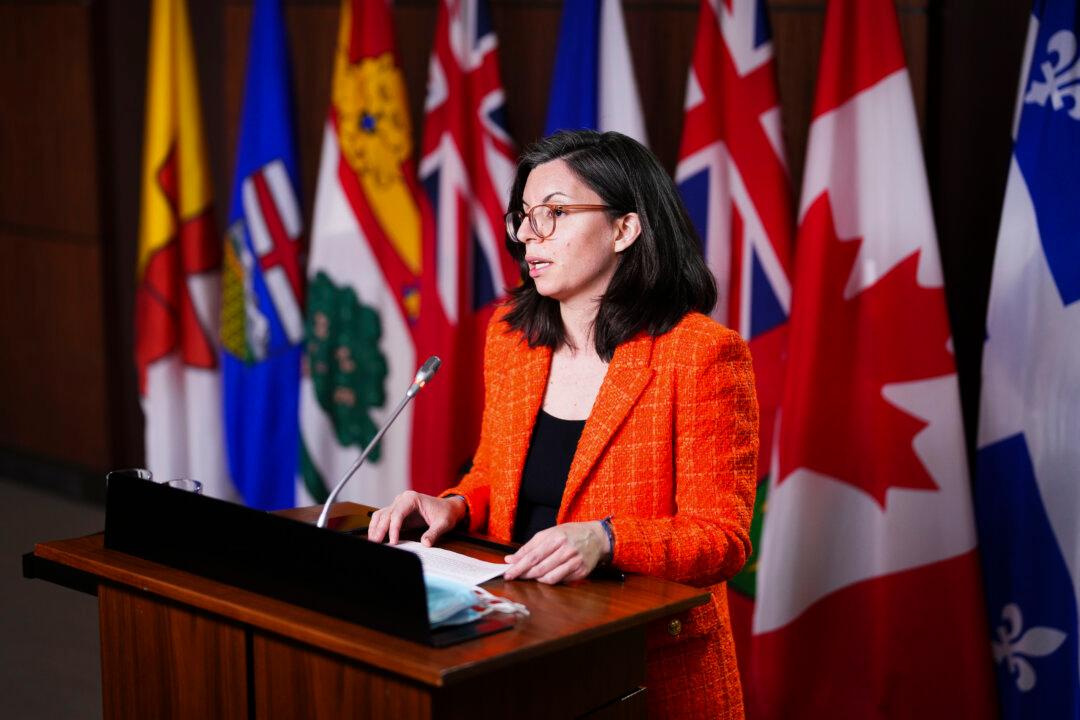Liberal and Bloc Québécois MPs blocked a Commons committee motion asking the cabinet to disclose a secret blacklist of Nazi collaborators admitted to Canada after World War II.
NDP MP Niki Ashton, who introduced the motion at a Canadian Heritage Committee meeting on Nov. 14, called for the release of information regarding roughly 900 individuals suspected of being Nazi war criminals who had entered Canada after 1945.





